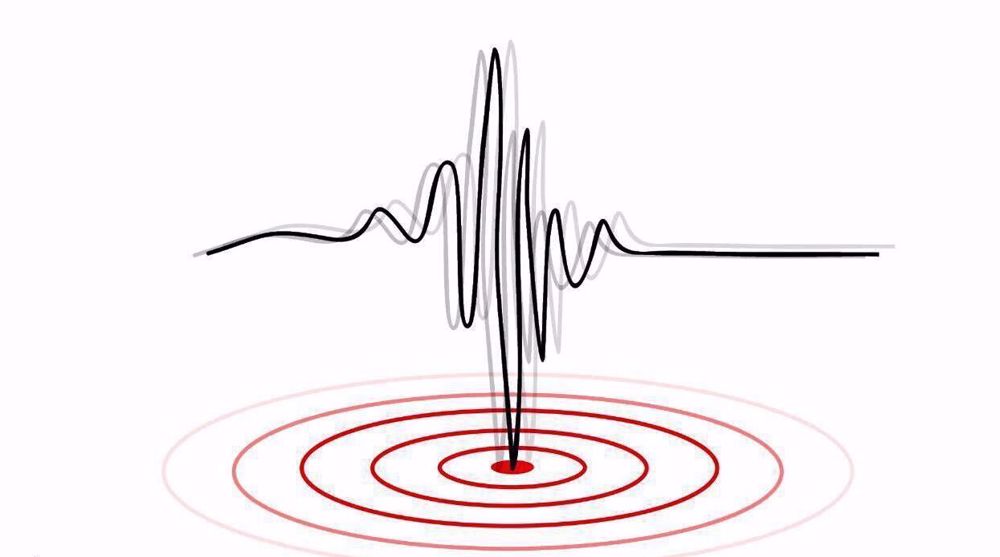Brazilian scientist says developing Zika vaccine may take 3 years
A Brazilian scientist says developing a vaccine against Zika, a virus suspected of causing birth defects, may take at least three years.
“Perhaps in three years we will have a vaccine,” Jorge Kalil, head of the Butantan Institute in Sao Paulo, told reporters on Wednesday in Geneva, where he was meeting with global health experts to determine what research and development should be prioritized in the fight against Zika.
Kalil, whose country has been struggling to contain the spread of Zika, acknowledged that the three-year estimate for the development of the vaccine may even be “optimistic.”
Reports over the past months have shown that Zika, which was previously known to cause moderate cold and flu-like symptoms, may also result in some neurological disorders, as well as a birth defect called microcephaly, in which babies are born with smaller heads and brains.
The World Health Organization (WHO) said Wednesday that experts agreed to focus efforts on developing vaccines particularly for women of child-bearing age. They also agreed in their meeting in Geneva to create accurate diagnostic tests while improving control tools to reduce mosquito populations.
A senior WHO official said work was under way to develop an emergency vaccine profile to help stake out regulatory requirements and help developers.
Marie-Paule Kieny, who serves as the WHO deputy director for health systems and innovation, said the final “product profile” should be ready in May, noting, however, that developing an effective vaccine may take much longer.
"Vaccine development is still at an early stage and the most advanced candidates are still months away from entering early human clinical trials,” Kieny said, adding, “It is therefore possible that vaccines may come (too) late for the current Latin American outbreak.”
'Next to impossible' to rescue patients from Gaza's Kamal Adwan Hospital: Director
VIDEO | Vietnam current prosperity
Report blames gasoil exports for shortage at Iranian power plants
VIDEO | Hind Rajab Foundation names Israeli war criminals vacationing after Gaza genocide
VIDEO | Australians rally for Gaza ahead of Christmas festivities
VIDEO | Attacks on Sana'a
Iran reports further drop in annual inflation rate in December
Israel indicts two settlers over suspected spying for Hezbollah













 This makes it easy to access the Press TV website
This makes it easy to access the Press TV website